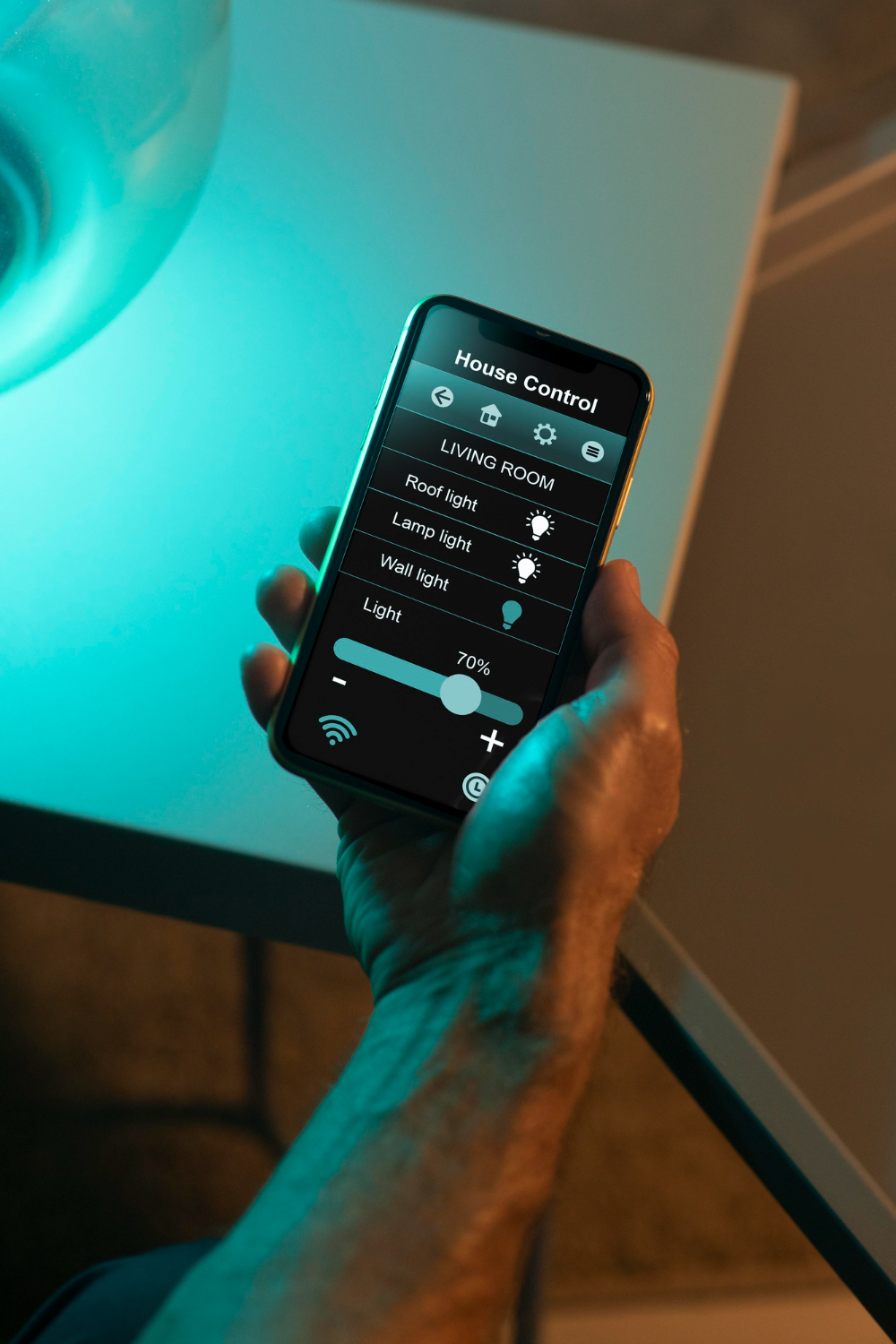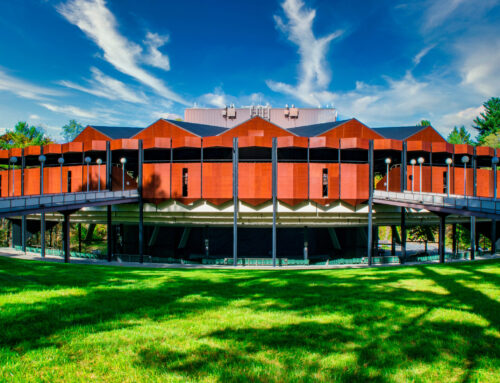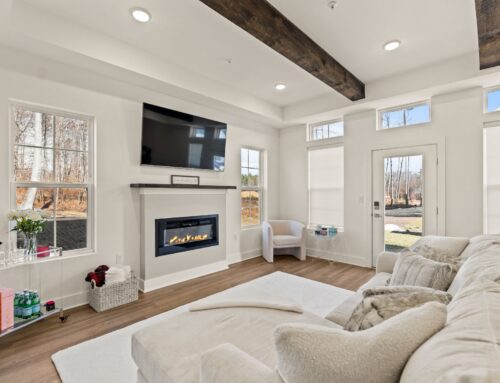 Best Practices for Lowering Apartment Utility Expenses
Best Practices for Lowering Apartment Utility Expenses
In today’s world, managing expenses is more crucial than ever, especially when it comes to utility bills in apartments. Many residents find themselves grappling with high electricity, water, and heating costs, which can significantly impact their monthly budgets. The good news is that there are effective strategies to help you lower these expenses without sacrificing comfort.
This comprehensive guide will walk you through the best practices for reducing your apartment utility expenses. From simple lifestyle changes to more significant investments in energy-efficient appliances, we’ll cover a range of solutions that can lead to substantial savings. By implementing these strategies, you can enjoy a more affordable living experience while contributing to a sustainable environment.
Understanding how to manage your utility expenses is essential not only for your wallet but also for your overall quality of life. This guide is designed to empower you with knowledge and actionable insights, ensuring you can take control of your utility bills and enjoy the benefits of a more efficient home. Let’s dive into the best practices for lowering your apartment utility expenses!
Quick Summary
- Implement energy-saving habits to reduce electricity consumption.
- Invest in energy-efficient appliances for long-term savings.
- Regularly maintain heating and cooling systems for optimal performance.
- Utilize smart home technology to monitor and manage utility usage.
What Is Lowering Apartment Utility Expenses?
Lowering apartment utility expenses refers to the various strategies and practices that residents can adopt to reduce their monthly costs related to electricity, water, and heating. These practices not only help save money but also promote energy efficiency and environmental sustainability.
1. Adopt Energy-Saving Habits
One of the simplest ways to lower your utility expenses is by adopting energy-saving habits in your daily routine. Small changes can lead to significant savings over time. For instance, turning off lights when leaving a room, unplugging devices that are not in use, and using natural light during the day can all contribute to lower electricity bills.
Additionally, consider adjusting your thermostat settings. During the winter, setting your thermostat a few degrees lower can save you a considerable amount on heating costs. In the summer, raising it a few degrees can also help reduce air conditioning expenses. According to the U.S. Department of Energy, you can save about 1% on your heating bill for each degree you lower the thermostat for an eight-hour period.
Another effective habit is to limit the use of hot water. Taking shorter showers, washing clothes in cold water, and using energy-efficient showerheads can all help reduce water heating costs. These practices not only save money but also conserve water, making them environmentally friendly choices.
Moreover, consider using energy-efficient light bulbs, such as LEDs, which consume less electricity and last longer than traditional incandescent bulbs. By replacing just a few bulbs, you can see a noticeable reduction in your energy consumption.
Incorporating these energy-saving habits into your daily life can lead to substantial savings on your utility bills. Remember, every little bit counts!
- Turn off lights and unplug devices when not in use.
- Adjust thermostat settings to save on heating and cooling costs.
- Limit hot water usage to reduce water heating expenses.
- Use energy-efficient light bulbs for long-term savings.
2. Invest in Energy-Efficient Appliances
Investing in energy-efficient appliances is a smart long-term strategy for reducing utility expenses. While the initial cost may be higher, these appliances are designed to use less energy and water, leading to lower utility bills over time. Look for appliances that have the ENERGY STAR label, which indicates they meet energy efficiency guidelines set by the U.S. Environmental Protection Agency.
For example, ENERGY STAR-rated refrigerators use about 15% less energy than non-rated models. Similarly, energy-efficient washing machines and dishwashers can save you significant amounts of water and electricity. When shopping for new appliances, consider the long-term savings they can provide rather than just the upfront costs.
In addition to major appliances, consider upgrading smaller items such as water heaters and HVAC systems. A high-efficiency water heater can reduce your energy consumption by up to 50%, while a modern HVAC system can operate more efficiently, providing better temperature control and lower energy costs.
Furthermore, if your apartment allows it, consider installing smart thermostats that can learn your schedule and adjust heating and cooling accordingly. This technology can help optimize energy use, ensuring you’re not wasting energy when you’re not home.
Investing in energy-efficient appliances not only benefits your wallet but also contributes to a more sustainable future. By reducing your energy consumption, you are playing a part in minimizing environmental impact.
- Choose ENERGY STAR-rated appliances for energy efficiency.
- Consider long-term savings over initial costs when purchasing appliances.
- Upgrade to high-efficiency water heaters and HVAC systems.
- Install smart thermostats for optimized energy use.
3. Regular Maintenance of Heating and Cooling Systems
Regular maintenance of your heating and cooling systems is crucial for ensuring they operate efficiently. Neglecting these systems can lead to increased energy consumption and higher utility bills. Start by scheduling annual inspections for your HVAC system to ensure it is functioning correctly. During these inspections, professionals can identify and fix any issues that may be causing inefficiencies.
Additionally, changing air filters regularly is a simple yet effective way to maintain your system. Clogged filters can restrict airflow, forcing your HVAC system to work harder and consume more energy. Depending on usage, filters should be changed every one to three months to ensure optimal performance.
Another maintenance tip is to clean the outdoor unit of your air conditioning system. Remove any debris, leaves, or dirt that may have accumulated around the unit. This will help improve airflow and efficiency, ultimately lowering your cooling costs during the hot months.
Furthermore, consider sealing any gaps or leaks in your windows and doors. Drafts can significantly impact your heating and cooling efficiency, leading to higher utility bills. Use weatherstripping or caulking to seal these leaks and keep your apartment comfortable year-round.
By prioritizing regular maintenance, you can ensure your heating and cooling systems operate at peak efficiency, saving you money on your utility bills while extending the lifespan of your equipment.
- Schedule annual HVAC inspections to identify inefficiencies.
- Change air filters regularly to maintain airflow.
- Clean outdoor units to improve efficiency.
- Seal gaps and leaks to prevent drafts.
4. Utilize Smart Home Technology
Smart home technology has revolutionized the way we manage our living spaces, and it can be a powerful tool in lowering utility expenses. Smart devices allow you to monitor and control your energy usage more effectively, leading to significant savings. For instance, smart thermostats can adjust your home’s temperature based on your habits, ensuring you’re not heating or cooling an empty apartment.
Another valuable smart device is smart plugs, which can help you manage the energy consumption of individual appliances. By scheduling when devices turn on and off, you can avoid peak energy rates and reduce overall consumption. For example, you can set your coffee maker to turn on just before you wake up, rather than leaving it on all night.
Smart lighting systems also contribute to energy savings. With the ability to control lights remotely or set schedules, you can ensure that lights are only on when needed. Some systems even allow for motion detection, automatically turning lights off when a room is unoccupied.
Moreover, smart meters provided by utility companies can give you real-time insights into your energy usage. By understanding when and how you use energy, you can make informed decisions to adjust your habits and save money. For example, you may discover that your energy consumption spikes during certain hours, prompting you to shift heavy usage tasks to off-peak times.
Incorporating smart home technology not only enhances convenience but also empowers you to take control of your utility expenses. By leveraging these tools, you can create a more efficient and cost-effective living environment.
- Use smart thermostats to optimize heating and cooling.
- Implement smart plugs to manage energy consumption of appliances.
- Utilize smart lighting systems for efficient lighting control.
- Monitor energy usage with smart meters for informed decisions.
Real-World Case Study: The Impact of Energy Efficiency
To illustrate the effectiveness of these strategies, let’s look at a real-world case study involving a multi-family apartment complex that implemented energy-efficient practices. The management at Greenview Apartments decided to invest in energy-efficient upgrades, including new HVAC systems, ENERGY STAR-rated appliances, and smart home technology.
After conducting an energy audit, they identified key areas for improvement. The management replaced old heating and cooling systems with high-efficiency models and installed smart thermostats in each unit. They also encouraged residents to adopt energy-saving habits through workshops and informational materials.
Within the first year, the complex saw a 25% reduction in overall energy consumption. Residents reported lower utility bills, and the management received positive feedback about the improved comfort levels in their apartments. The investment not only paid off in terms of reduced energy costs but also enhanced tenant satisfaction and retention.
This case study highlights the significant impact that proper strategy and maintenance can have on utility expenses. By prioritizing energy efficiency, apartment complexes can create a win-win situation for both management and residents.
Lowering apartment utility expenses is not just about saving money; it’s about creating a more sustainable and comfortable living environment. By adopting energy-saving habits, investing in energy-efficient appliances, maintaining heating and cooling systems, and utilizing smart home technology, you can significantly reduce your utility bills.
As you implement these best practices, remember that every small change can lead to substantial savings over time. Take control of your utility expenses today and enjoy the benefits of a more efficient home. If you have any questions or would like to learn more about how Elements at Saratoga Lake can help you achieve these goals, feel free to reach out!
Have you implemented any of these strategies in your apartment? Share your experiences in the comments below! Don’t forget to subscribe for more tips on managing your living expenses.
FAQs
Question: What are some quick tips for reducing electricity costs in an apartment?
Answer: To reduce electricity costs, consider turning off lights when not in use, unplugging devices, using energy-efficient light bulbs, and adjusting your thermostat settings. Additionally, limit the use of hot water and invest in energy-efficient appliances.
Question: How can I tell if my appliances are energy-efficient?
Answer: Look for the ENERGY STAR label on appliances, which indicates they meet energy efficiency guidelines. You can also check the appliance’s energy consumption ratings, typically found on the product specifications or user manual.
Question: How often should I maintain my HVAC system?
Answer: It is recommended to schedule annual inspections for your HVAC system. Additionally, change air filters every one to three months to ensure optimal performance and efficiency.
Question: What is the benefit of using smart home technology?
Answer: Smart home technology allows you to monitor and control your energy usage more effectively. Devices like smart thermostats and smart plugs can help optimize energy consumption, leading to lower utility bills.
Question: Can I lower my water heating costs?
Answer: Yes, you can lower water heating costs by taking shorter showers, washing clothes in cold water, and using energy-efficient showerheads. Additionally, consider insulating your water heater and pipes to reduce heat loss.
Question: What are some common energy-saving habits?
Answer: Common energy-saving habits include turning off lights when leaving a room, unplugging devices not in use, using natural light during the day, and adjusting thermostat settings to save on heating and cooling costs.
Question: How can I seal drafts in my apartment?
Answer: You can seal drafts by using weatherstripping or caulking around windows and doors. This will help prevent air leaks, making your apartment more energy-efficient and comfortable.
Question: What is the average savings from energy-efficient upgrades?
Answer: The average savings from energy-efficient upgrades can vary, but many residents report savings of 20-30% on their utility bills after implementing energy-efficient practices and upgrades.
Question: How can Elements at Saratoga Lake help me lower my utility expenses?
Answer: Elements at Saratoga Lake offers a range of energy-efficient apartments equipped with modern appliances and smart home technology. Our team is dedicated to helping residents manage their utility expenses effectively through education and support.







